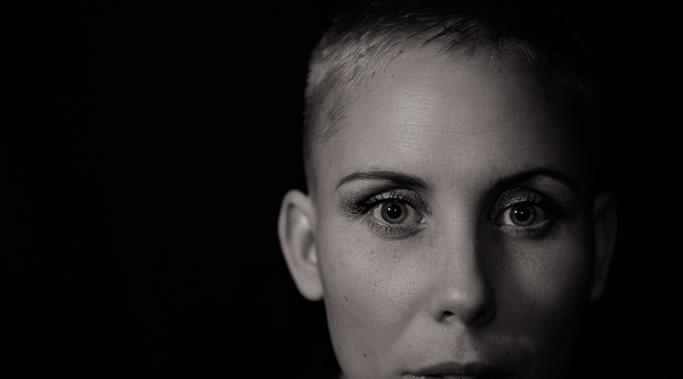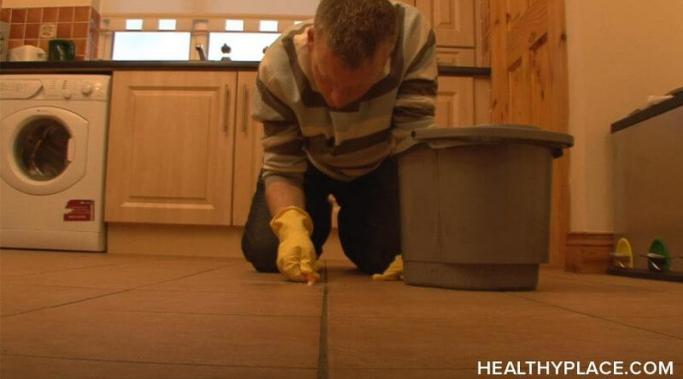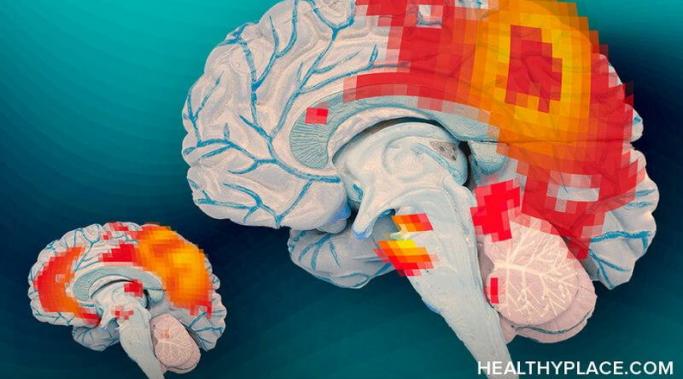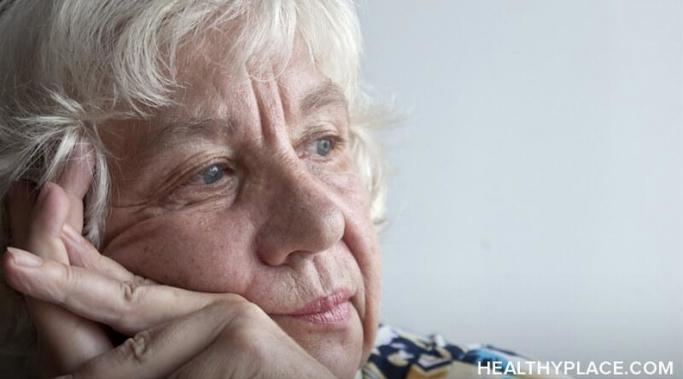Eye Movement Desensitization and Reprocessing (EMDR) therapy is primarily used as a treatment for PTSD. Discovered and developed by Francine Shapiro, Ph.D., EMDR uses eye movements, taps or tones to reprogram trauma victims' thinking. The end result can be relatively fast relief of PTSD symptoms, including the re-experiencing of the trauma and other symptoms resulting from horrific events like rape or combat. EMDR also helps with "little t" traumas having to do with beliefs about ourselves formed during childhood and other mental health disorders.
Depression – TV Show Blog
Stigma attached to major depression and other mental illnesses can be as difficult to deal with as the illness itself. The idea that "they won't understand" keeps depression sufferers silent and compounds their sense of isolation and negative thinking patterns.
Heather McCready, experienced days filled with "desperate sadness and intense darkness" and was diagnosed with depression and bipolar disorder and then hospitalized for mania and suicidal depression. Ms. McCready's voyage through mental illness deprived her of her creative abilities for six years. Finally, after all medicines failed, she underwent electroconvulsive therapy (ECT) and now enjoys fewer dark days.
Kate White writes about what living with anxiety is like. Natasha Tracy shares her experiences with bipolar disorder. New HealthyPlace blogger Jack Smith writes about life with depression. And last year Rachel McCarthy James joined us on the HealthyPlace Mental Health TV Show to discuss what living with OCD is like for her. But Craig Ludvigsen can tell us what it's like to have all of those disorders. It's called psychiatric comorbidity - the presence of more than one mental illness in one individual at the same time - and it can be incapacitating.
Today someone struggling with severe clinical depression will hear that they need to snap out of it. A friend, family member, or doctor will tell them that physical exercise or a positive outlook will solve their problem. A stranger will comment, "Smile! It can't be that bad." And in a way, all of those people are right. Physical exercise is a helpful component of depression treatment.
My son struggles with moderate anxiety from time to time. In turn, I struggle with knowing how best to help him. After speaking with Susan Resko, former Executive Director of The Balanced Mind Foundation, I feel renewed gratitude for my comparatively much smaller-scale parenting struggles. Families raising children with mood disorders have a daunting task, but there is help available.
Amanda_HP
Living with depression, major depression, the most severe kind of depression may best be described as a lonely, isolating, hopeless existence. Left untreated, it can lead a person to take desperate measures - anything to escape one more hour, one more day of feeling "like this."
Some mothers find their prescription anti-depressants so beneficial to their life that they begin to fear going off of them, then they fear they have become dependent. It is a dilemma common to many people who use medication to aleviate their depression.
Amanda_HP
There's a lot of awareness around depression these days. People talk more freely about it, there are antidepressant ads on television and radio, and, of course, there's the Internet where information on depression is bountiful. So how is it that a person could be suffering from depression but not recognize the symptoms of depression in themselves?
Amanda_HP
What's it like living with major depressive disorder? Imagine not feeling joy in the things that used to make you happy. Having to live day-to-day feeling persistently sad or numb and hopeless. These are just some of the symptoms of major depression. Now think about living that way for decades.









